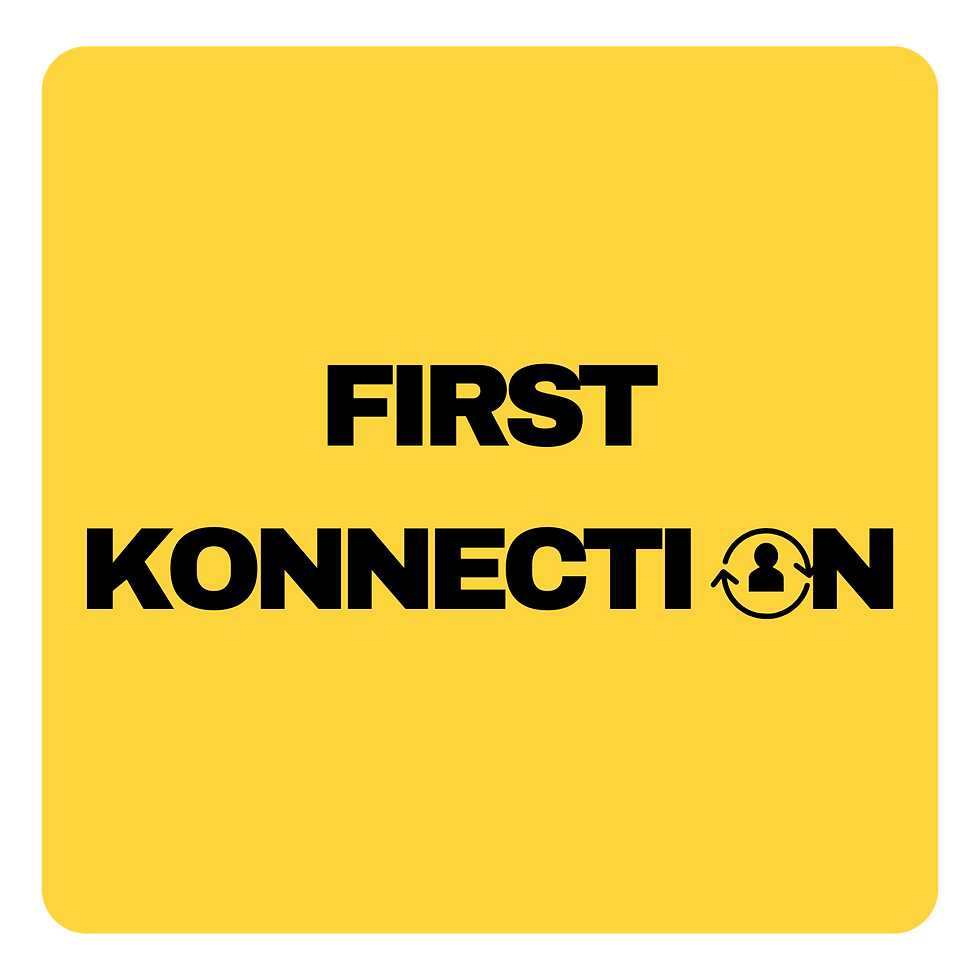Coaching vs. Managing: What’s More Effective in Today’s Workplace?
- Nikki

- Jul 16, 2025
- 3 min read
As workplace expectations evolve, the traditional “command and control” management style is facing scrutiny. Employees no longer want to just be told what to do—they want to be guided, supported, and developed. That’s where coaching comes in.
But how do you know when to coach and when to manage? Is one better than the other?
Let’s break it down.

What’s the Difference Between Coaching and Managing?
Managing is about achieving short-term results. It’s focused on performance, compliance, and efficiency. A manager’s role is to direct tasks, measure outcomes, and ensure that the team is meeting its goals.
Coaching, however, is about long-term development. It’s centred on helping individuals unlock their potential. A coach asks questions, offers feedback, and creates space for learning and growth.
In short:
Managers drive execution
Coaches drive development
Why Coaching Is Becoming Essential
Today’s workforce is more diverse, more purpose-driven, and more vocal than ever. Here’s why coaching is no longer optional:
1. Employees Want Growth, Not Just a Job
Younger workers—especially Millennials and Gen Z—are looking for more than job security. They value mentorship, learning opportunities, and career progression. Coaching helps meet those needs by:
Fostering ownership of work
Encouraging self-reflection
Building confidence through support
2. Coaching Builds Engagement
According to Gallup, employees who feel supported by their managers are more likely to be engaged at work. Coaching builds trust and communication, which:
Improves retention
Reduces absenteeism
Enhances team morale
3. It Encourages Better Problem-Solving
A coach doesn’t give all the answers—they help others find them. This approach develops independent thinking and resilience. When employees learn to solve problems on their own, they become more capable and confident.
But Good Management Still Matters
That doesn’t mean traditional management is outdated. In fact, every successful workplace needs both structure and support. For example:
Management | Coaching |
Setting KPIs and targets | Setting development goals |
Delegating work | Asking guiding questions |
Monitoring performance | Providing constructive feedback |
Enforcing deadlines and compliance | Encouraging autonomy and creativity |
The best leaders know when to switch between roles. Managing ensures consistency; coaching promotes growth.
When to Manage vs. When to Coach
Use management when:
Deadlines are tight
Tasks are clear and routine
Performance needs urgent correction
Use coaching when:
An employee needs to develop confidence or skill
You’re discussing career development
The team is working on creative or strategic projects
A new hire might need more structure at first—but over time, they’ll benefit more from a coaching approach.
How Leaders Can Build a Coaching Culture
You don’t need a certification to be a great coach—you just need the right mindset. Here are a few tips:
✔️ Ask, don’t tell: Replace instructions with open-ended questions like “What do you think would work best?”
✔️ Listen more: Give space for team members to express concerns or ideas
✔️ Give feedback regularly: Make it specific, supportive, and timely
✔️ Focus on strengths: Help people do more of what they’re naturally good at
✔️ Be patient: Coaching takes time. Don’t expect instant results
Let’s Help You Lead Better
Managing and coaching are not opposing forces. In fact, when used together, they create high-performing teams that feel both supported and accountable. If your team is struggling to stay motivated or engaged, it might be time to reassess your leadership approach. A shift from “managing tasks” to “developing people” could be what your workplace needs to thrive.
Whether you’re scaling a team or managing talent development, First Konnection is here to support you with practical hiring and leadership insights. We help education leaders and organisations find not just the right people—but the right approach to grow them.

First Konnection is an award-winning education recruitment agency dedicated to connecting exceptional talent with leading companies in the education sector, both locally and across the region. Recognised as a trusted partner by educational institutions of all sizes, we specialise in delivering tailored recruitment and business solutions designed to address the unique challenges of the education industry.
With a deep understanding of the evolving needs of schools, training centers, and educational enterprises, we provide end-to-end support, from sourcing top-tier candidates to offering expert advice on workforce planning and retention strategies. Our commitment to excellence, coupled with a regional presence, ensures that we bring value-driven, innovative solutions that empower our clients to achieve their goals and maintain a competitive edge.
At First Konnection, we don’t just find talent—we build lasting partnerships that drive growth and success for the education community.
.png)



Comments